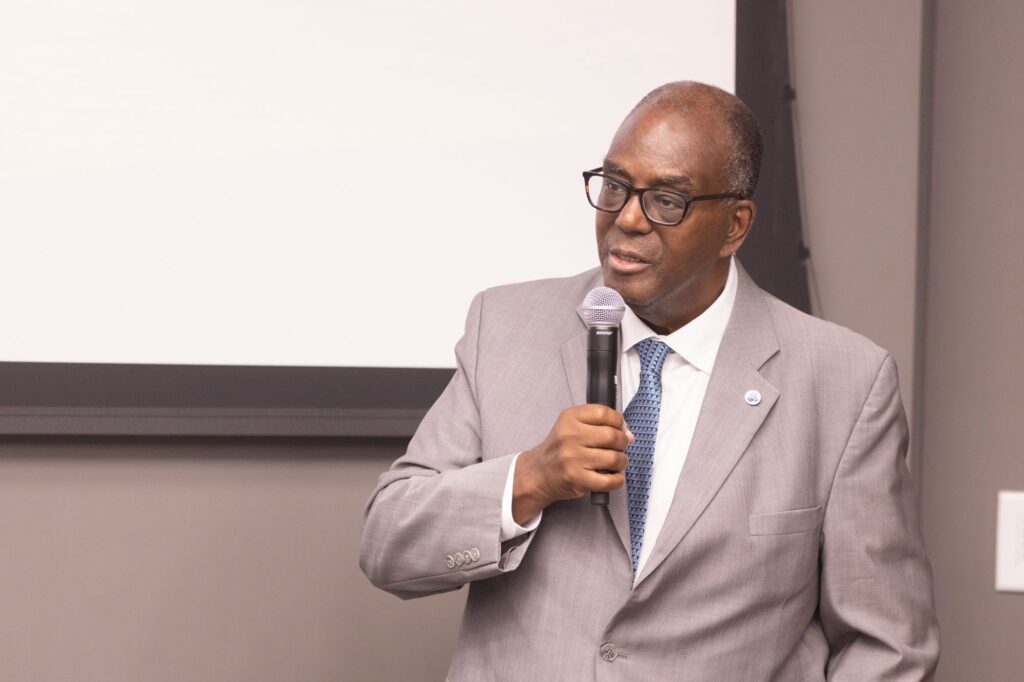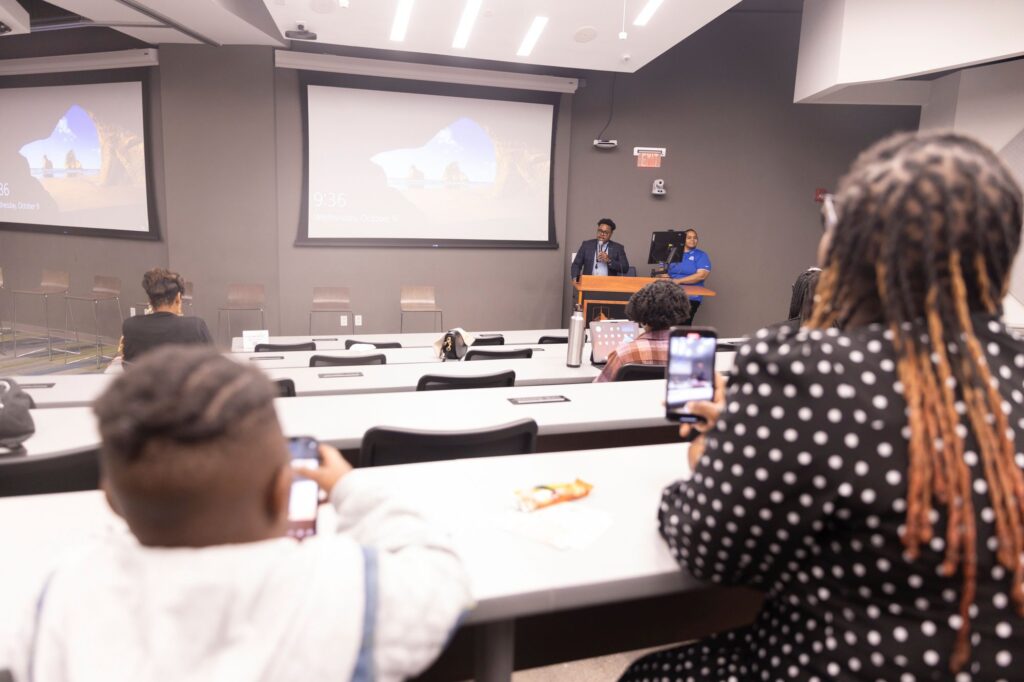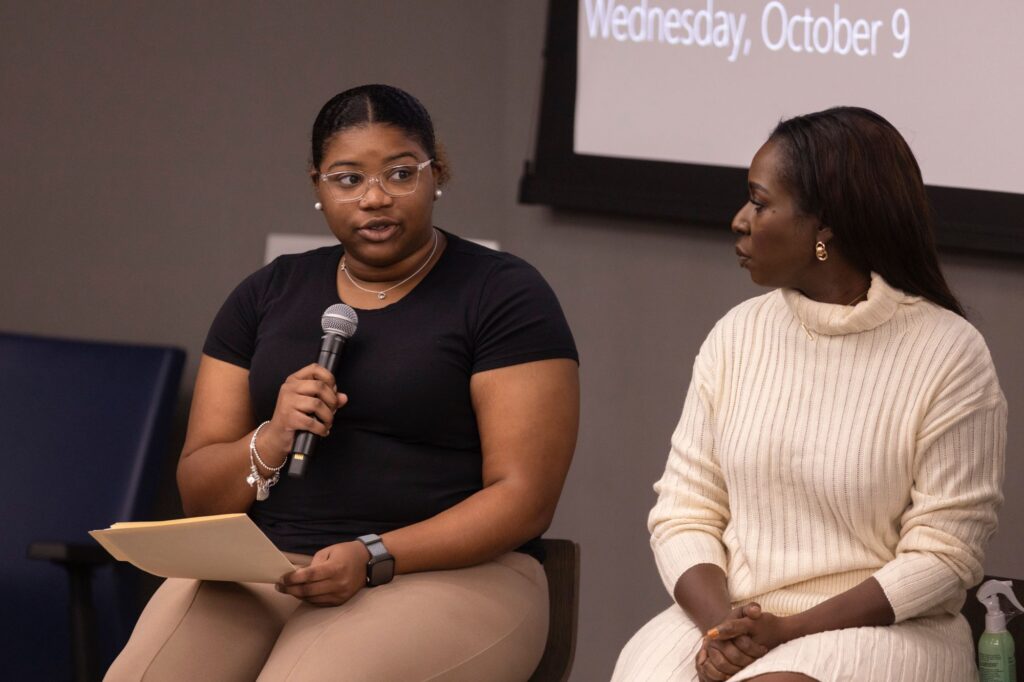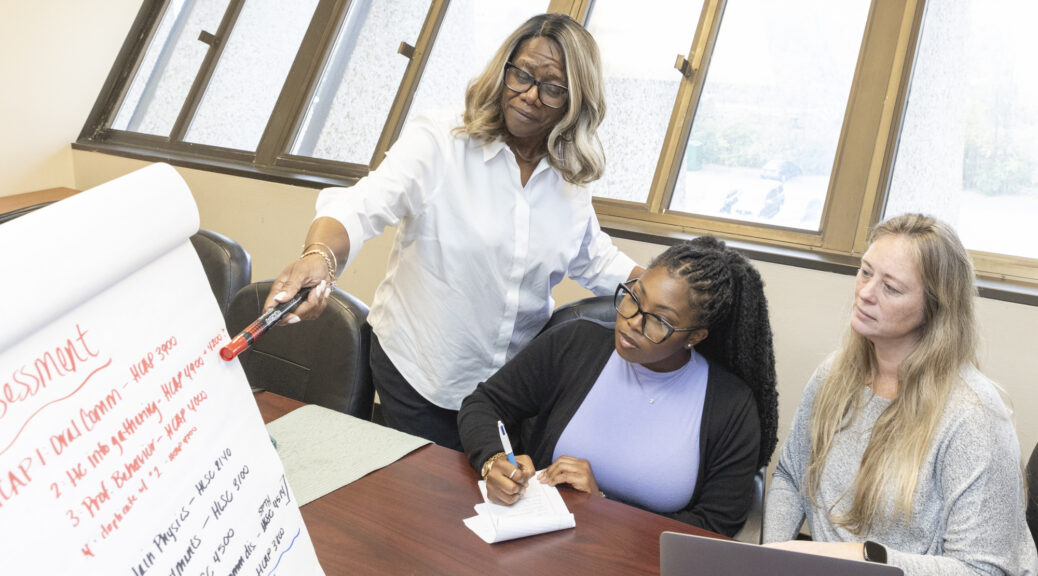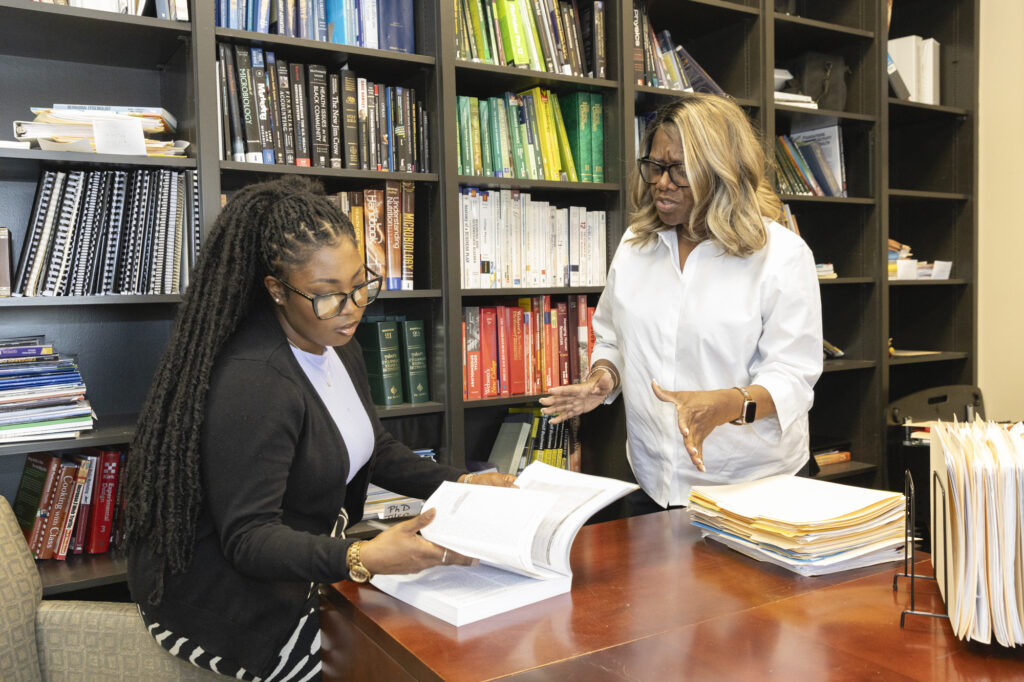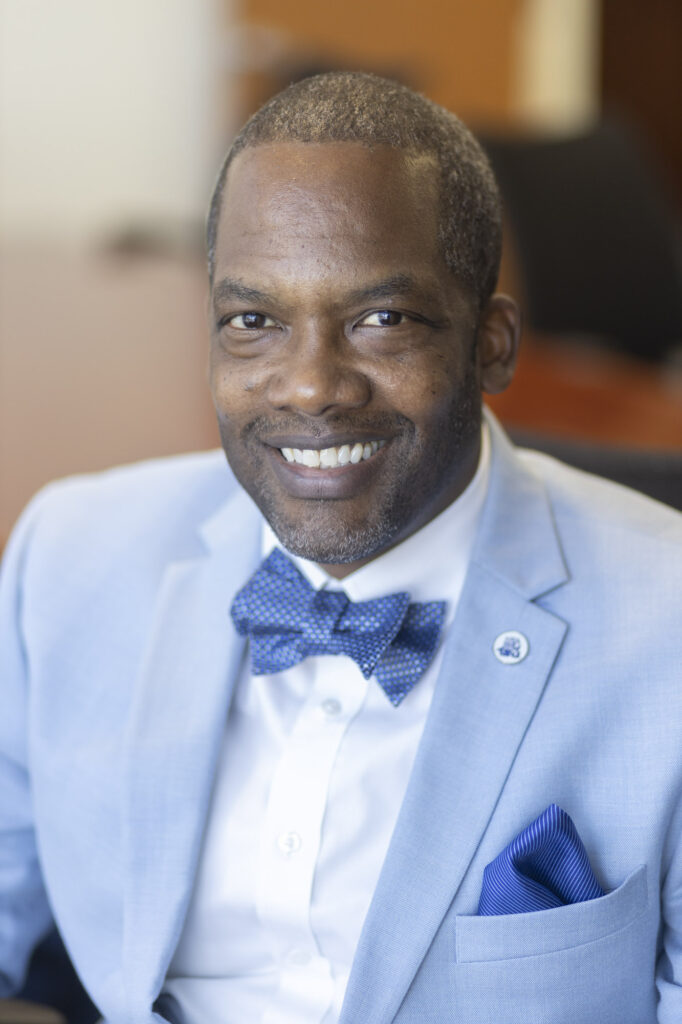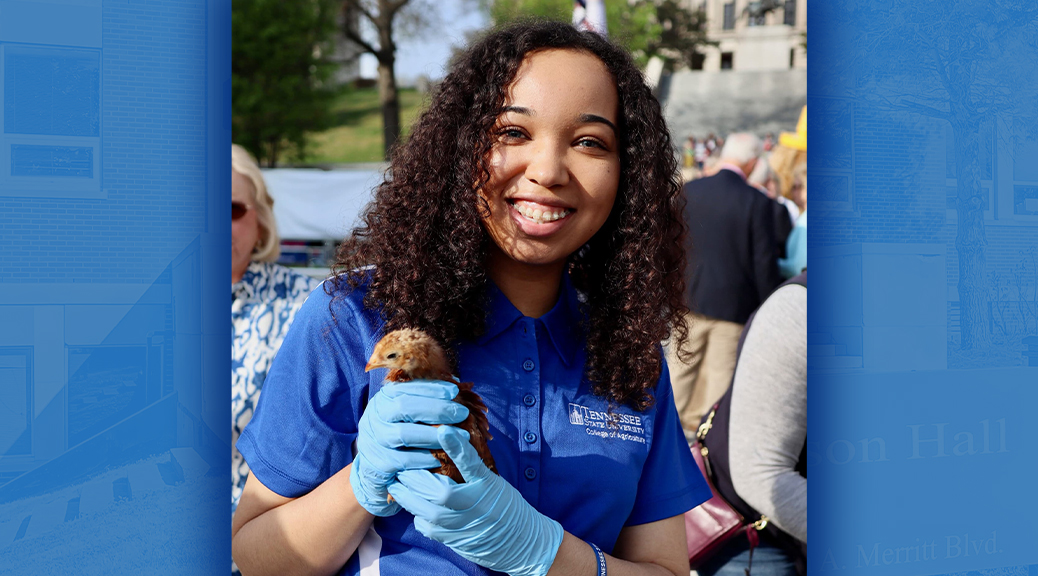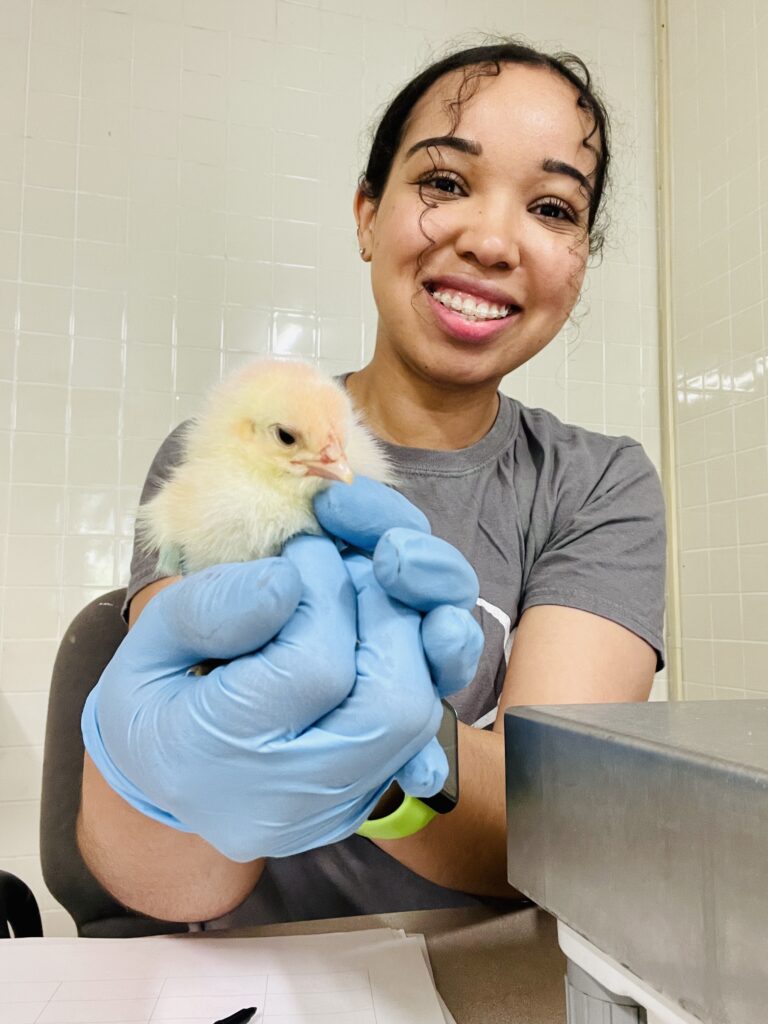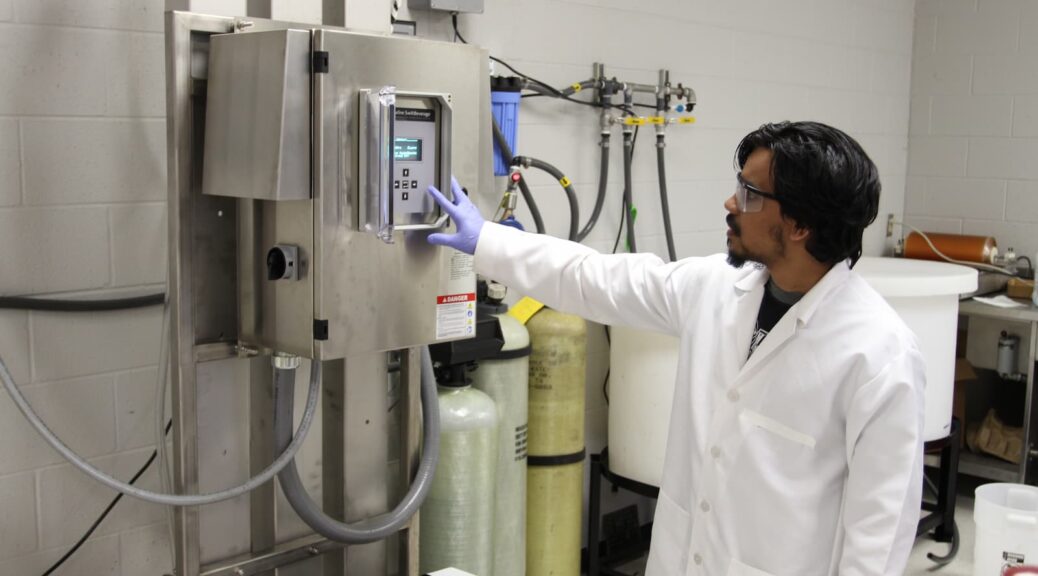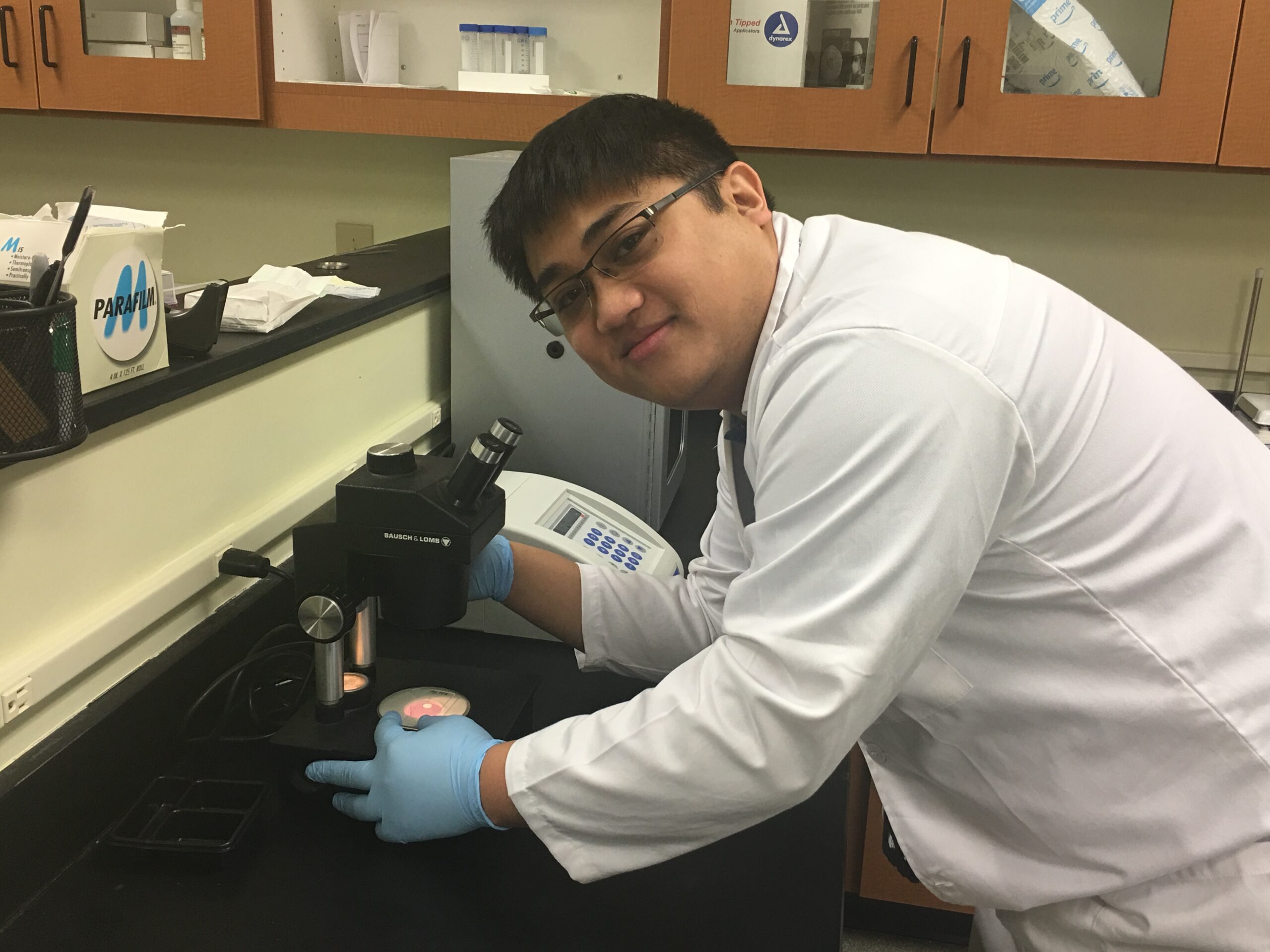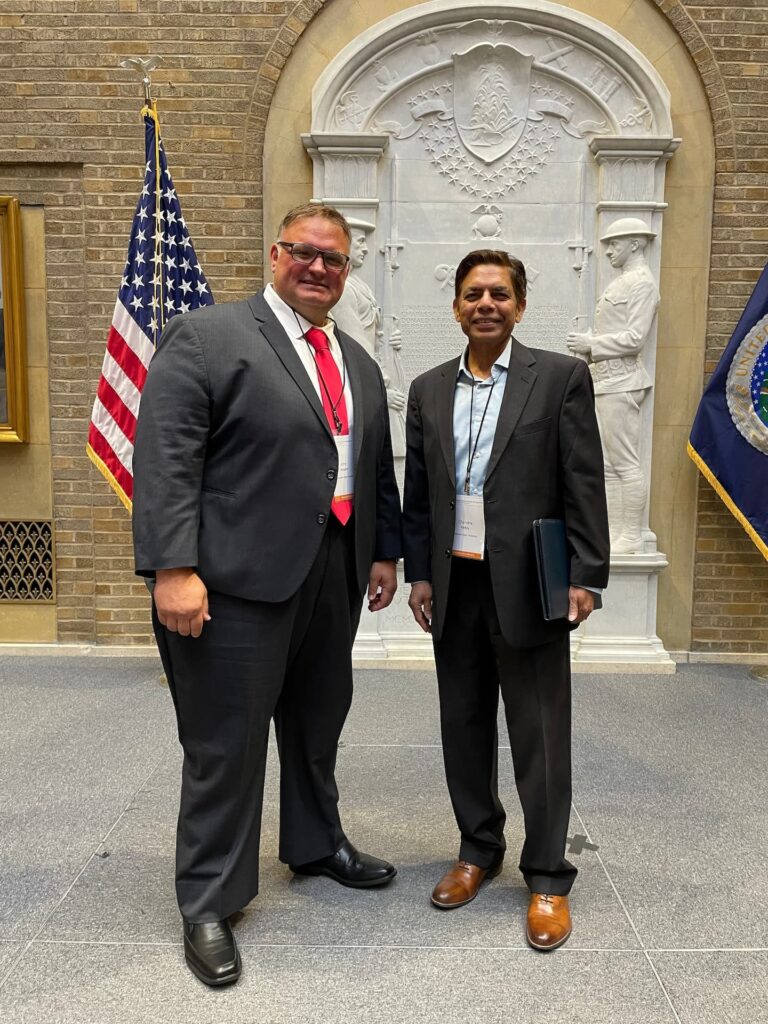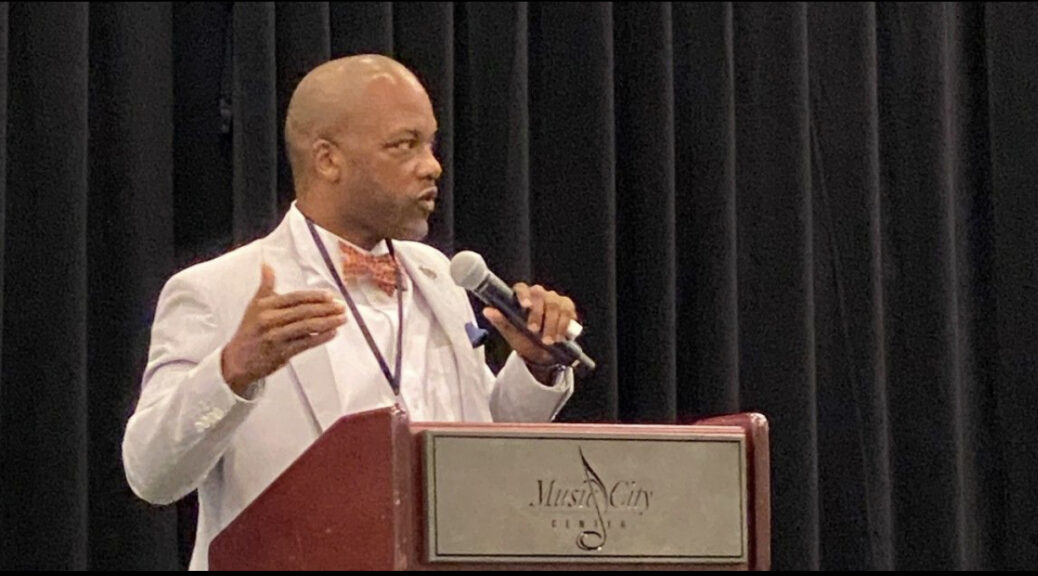NASHVILLE, Tenn. (TSU News Service) – A Tennessee State University student is spending the summer at one of the most prestigious institutions, Harvard Medical School, applying what she’s learned at TSU to cutting-edge biomedical research.

Kyla Hughes, a senior and Dallas native, already has a Massachusetts Institute of Technology internship under her belt as the accolades are continuing to build. The agriculture biotechnology major is undergoing her current paid 10-week internship at Boston Children’s Hospital in the Department of Cardiology, as part of the Summer Honors Undergraduate Research Program at Harvard.
“My reaction to getting the internship was very positive,” Hughes said. “I am one of two HBCU students in this program. So being underrepresented in the science field at Harvard, doing the research, is really motivating me.”
She credits her academic preparation to TSU’s College of agriculture and guidance from professors like Dr. Sonali Roy, for equipping her with skills to confidently conduct and present research.
Hughes, who is also a David Scott Farm Bill Scholar, continues to demonstrate how a strong foundation can lead to a profound impact across various disciplines. “Science is translational and cardiology is a new field for me to dive into,” she said. “I’ve learned more about myself as a scientist now and pushing myself intellectually.”

Associate Dean for Academics and Land-grant Programs Dr. De’Etra Young, said the college is committed to preparing students like Hughes to thrive in competitive environments, contribute to their communities, and lead with purpose. “Through rigorous academic training, hands-on research, and leadership development, we are equipping students to pursue advanced study, enter high-impact careers, and serve as thoughtful, solutions-oriented leaders in agriculture and beyond,” Young said. “Kyla exemplifies the excellence we aim to foster through the David Scott Farm Bill Scholarship and our Dean’s Scholars Undergraduate Research Program. Her internships, along with her campus leadership and service, reflect the breadth of opportunities available to students who are prepared and supported.”
Hughes plans to pursue a Ph.D. in biology or molecular genetics after graduating in 2026.
To learn more about the College of Agriculture, visit www.tnstate.edu/agriculture/.













